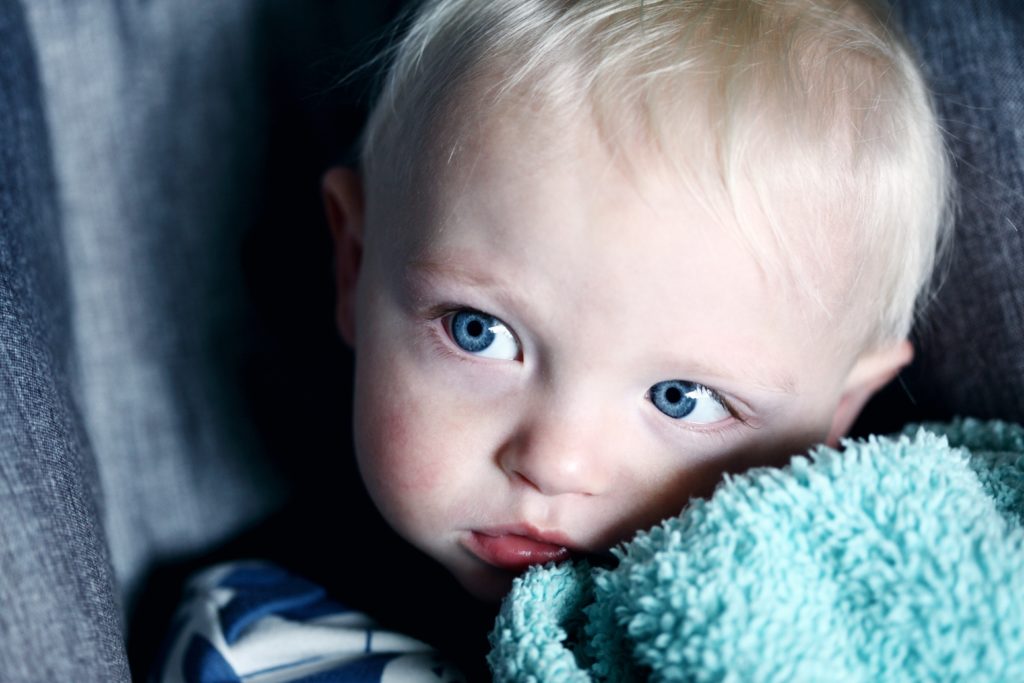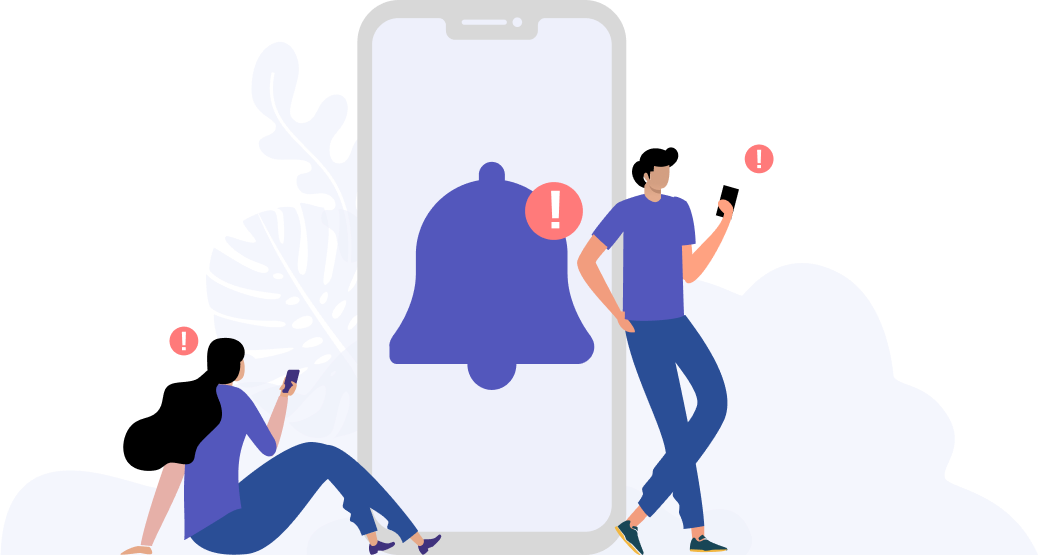How To Help Your Child With Social Anxiety

Adults aren’t the only ones who can suffer from social anxiety. Our children can also experience anxiety which can compromise their ability to live a healthy and normal life. In fact, anxiety can contribute to sleeping problems, poor school performance and anti-social behavior. Helping your child overcome anxiety is a collaborative effort. It involves family support and possibly effective clinical treatment because if it persists unaddressed, this anxiety can follow your child into adulthood.

There are various ways to treat social anxiety in children. Therapy and medication can be powerful and necessary treatments for anxiety. However, there are things you can do as a parent that can also help your child. Here is a list of useful tips you can adopt to help your child cope with social anxiety.
1. Make sure they are sleeping enough
Children need sleep to grow as sleep is when the human growth hormone is produced. If it takes a long time to wake your child in the morning or if they are having a hard time concentrating in school, they may not be getting sufficient sleep. Sleep deprivation can lead to emotional problems including social anxiety. One of the simplest ways to treat social anxiety is to make sure your child is well-rested. Try creating a bedtime ritual they’ll look forward to. For young children, let them pick a ‘comfort object’ they want to sleep with, a bedtime story they want you to read, and even the flavor of toothpaste they want to use to brush their teeth. The more they own the process, the more eager they will be to participate. Excessive screen time has negative implications on children’s sleep. If your child spends too much time on his digital device, the bright light emissions and the content of the screen time can contribute to his alertness and make it more difficult for him to fall asleep. If you notice that your child is on his digital device excessively, consider using the plano app to manage their cell phone usage.
2. Teach them coping skills

Building awareness of the source of your child’s anxiety is one of the best things you can do to help him/her cope with it. Children affected by social anxiety already know they are anxious and fearful in social situations, but some of them may not know why they feel that way. Help your child slow down the experience and define what he/she is feeling. Guide him/her to identify the physical and emotional responses of his/her anxiety and help him/her identify the trigger.
In order to do that, relax your child. It’s not possible to learn coping strategies in the middle of an anxiety attack so calming him/her down first is crucial. Have him/her take deep breaths versus shallow ones or, have him imagine a fun adventure instead of a negative outcome.
Then, teach him cognitive reframing. Children with social anxiety disorders are affected by negative beliefs. They tend to overreact, be pessimistic or insecure. To address such emotions, you can teach your child how to recognize negative thoughts and then replace them with positive ones.
Finally, teach him problem-solving skills. Children with social anxiety disorder tend to be good at avoidance. Your child might completely refuse to address a situation that may cause anxiety. Instead, help him play out scenarios. Ask him what his fears are about the situation. Then, see how you can create a bridge from the negative scenarios to a positive one.
3. Teach them how to make friends

Good manners and irresistible charm don’t come naturally for some, but they can be developed. For many of us, we need to be shown how to make friends and you can start at your nearby playground! The playground is a great spot for your child and kids of his age to socialize. Encourage your kids to approach their peers and play games together.
If your child continues to suffer from social anxiety, seek the help of counseling professionals as their knowledge, qualifications, and experience can be just what your child needs to get over the fear of social situations.
While these tips can be useful to help you manage your child’s social anxiety, they are not a replacement for or a form of therapy, nor are they intended to cure, treat or diagnose social anxiety disorder. Always seek the advice of your mental health professional or other qualified health providers about any questions you may have regarding your child’s social anxiety conditions.
Tools Designed for Healthier Eyes
Explore our specifically designed products and services backed by eye health professionals to help keep your children safe online and their eyes healthy.





